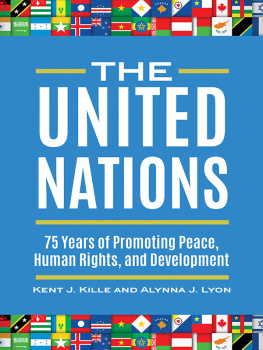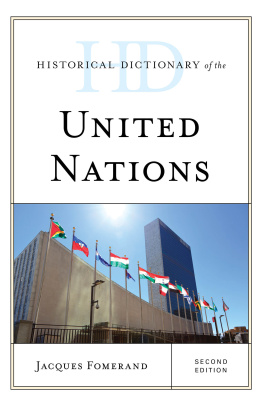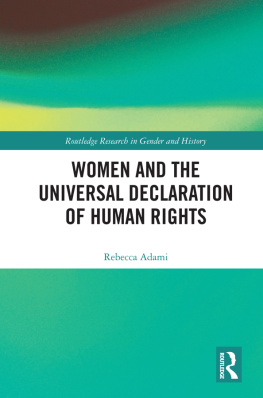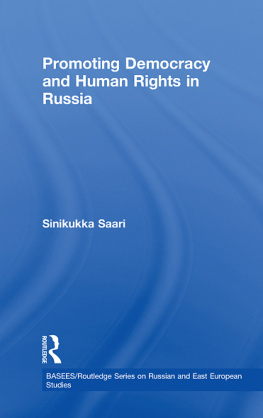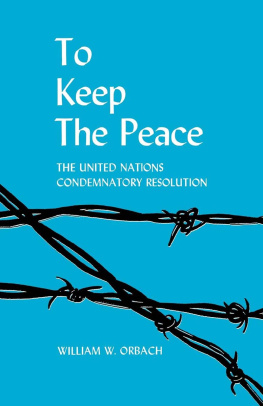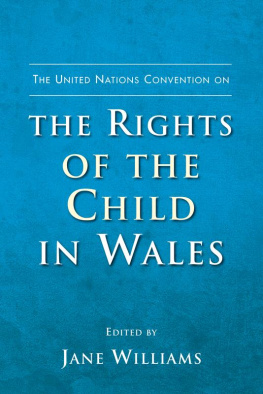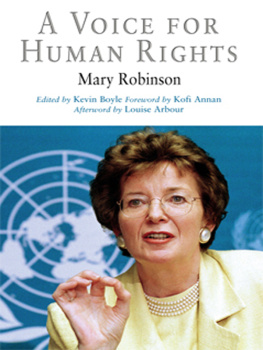Kent J. Kille - The United Nations: 75 Years of Promoting Peace, Human Rights, and Development
Here you can read online Kent J. Kille - The United Nations: 75 Years of Promoting Peace, Human Rights, and Development full text of the book (entire story) in english for free. Download pdf and epub, get meaning, cover and reviews about this ebook. year: 2020, publisher: ABC-CLIO, genre: Politics. Description of the work, (preface) as well as reviews are available. Best literature library LitArk.com created for fans of good reading and offers a wide selection of genres:
Romance novel
Science fiction
Adventure
Detective
Science
History
Home and family
Prose
Art
Politics
Computer
Non-fiction
Religion
Business
Children
Humor
Choose a favorite category and find really read worthwhile books. Enjoy immersion in the world of imagination, feel the emotions of the characters or learn something new for yourself, make an fascinating discovery.
- Book:The United Nations: 75 Years of Promoting Peace, Human Rights, and Development
- Author:
- Publisher:ABC-CLIO
- Genre:
- Year:2020
- Rating:5 / 5
- Favourites:Add to favourites
- Your mark:
- 100
- 1
- 2
- 3
- 4
- 5
The United Nations: 75 Years of Promoting Peace, Human Rights, and Development: summary, description and annotation
We offer to read an annotation, description, summary or preface (depends on what the author of the book "The United Nations: 75 Years of Promoting Peace, Human Rights, and Development" wrote himself). If you haven't found the necessary information about the book — write in the comments, we will try to find it.
Kent J. Kille: author's other books
Who wrote The United Nations: 75 Years of Promoting Peace, Human Rights, and Development? Find out the surname, the name of the author of the book and a list of all author's works by series.
The United Nations: 75 Years of Promoting Peace, Human Rights, and Development — read online for free the complete book (whole text) full work
Below is the text of the book, divided by pages. System saving the place of the last page read, allows you to conveniently read the book "The United Nations: 75 Years of Promoting Peace, Human Rights, and Development" online for free, without having to search again every time where you left off. Put a bookmark, and you can go to the page where you finished reading at any time.
Font size:
Interval:
Bookmark:

The United Nations
The United Nations
75 Years of Promoting Peace,
Human Rights, and Development
Kent J. Kille and Alynna J. Lyon

Copyright 2020 by ABC-CLIO, LLC
All rights reserved. No part of this publication may be reproduced, stored in a retrieval system, or transmitted, in any form or by any means, electronic, mechanical, photocopying, recording, or otherwise, except for the inclusion of brief quotations in a review, without prior permission in writing from the publisher.
Library of Congress Cataloging-in-Publication Data
Names: Kille, Kent J., author. | Lyon, Alynna, 1969- author.
Title: The United Nations : 75 years of promoting peace, human rights, and development / Kent J. Kille and Alynna J. Lyon.
Description: Santa Barbara, California : ABC-CLIO, 2020. | Includes bibliographical references and index.
Identifiers: LCCN 2020011407 (print) | LCCN 2020011408 (ebook) | ISBN 9781440851568 (hardcover) | ISBN 9781440851575 (ebook)
Subjects: LCSH: United NationsHistory.
Classification: LCC JZ4984.5 .K547 2020 (print) | LCC JZ4984.5 (ebook) | DDC 341.2309dc23
LC record available at https://lccn.loc.gov/2020011407
LC ebook record available at https://lccn.loc.gov/2020011408
ISBN: 978-1-4408-5156-8 (print)
978-1-4408-5157-5 (ebook)
24 23 22 21 201 2 3 4 5
This book is also available as an eBook.
ABC-CLIO
An Imprint of ABC-CLIO, LLC
ABC-CLIO, LLC
147 Castilian Drive
Santa Barbara, California 93117
www.abc-clio.com
This book is printed on acid-free paper 
Manufactured in the United States of America
Contents
The following student research assistants at The College of Wooster provided important research and editing assistance: Ghita Chiboub, Maureen Hanes, Matt Mayes, and Emmy Todd. In addition, Sabrina Harris, a student research assistant at The College of Wooster, receives particular recognition for the level of research collected and organized as well as writing assistance on the United Nations Entity for Gender Equality and the Empowerment of Women (UN Women). Several students from the University of New Hampshire also provided valuable research support and assistance, including Ryan Clasby, Cailee Griffin, Sophia Henkels, Elizabeth Lohmueller, and Madeleine Rousseau.
Alynna and Kent would also like to express their deep gratitude to their families for their support and patience and to their students of International Relations and the United Nations System who continually provide inspiration.
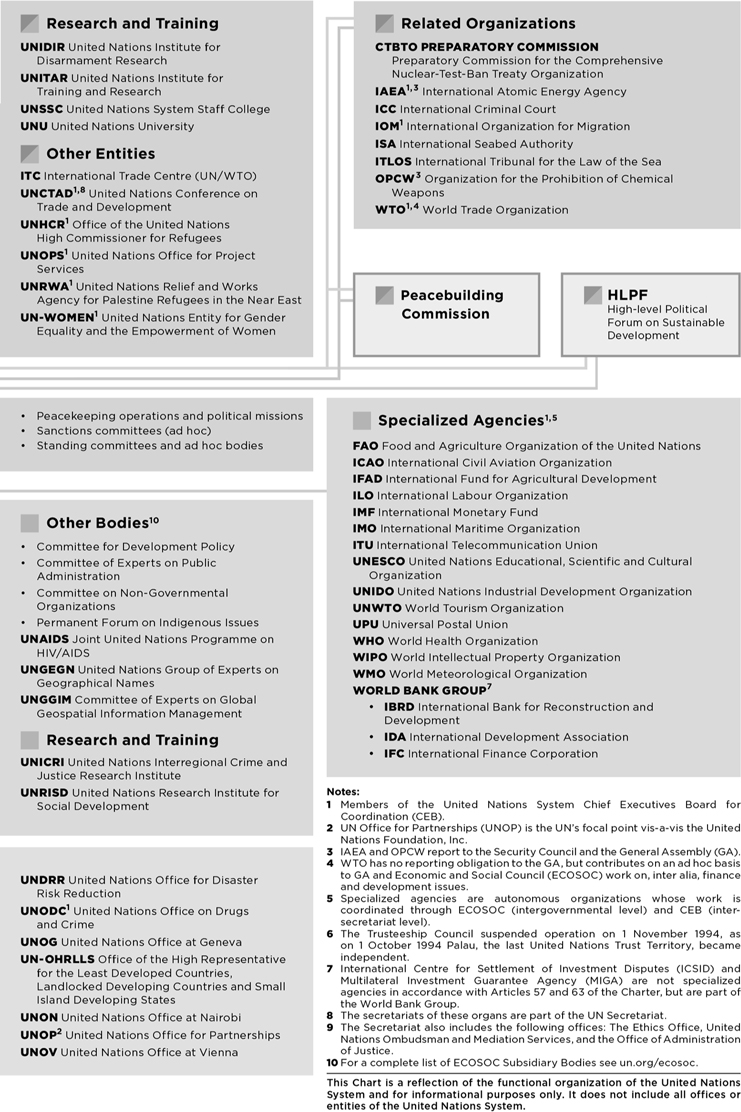
The United Nations (UN) is a universal international governmental organization tasked with maintaining peace and security, as well as promoting economic and social cooperation and protecting human rights across the globe. When the UN was founded in 1945, people around the world were optimistic that the organization would save the planet from the scourge of war. Since the creation of the UN, there have been no wars between great powers, and the organization has dynamically evolved in its handling of breaches of peace through the creation of peacekeeping, the delivery of humanitarian assistance, and the construction of new security norms, such as the responsibility to protect. Great strides have been made in addressing the social needs of the worlds population, including the eradication of smallpox. The UN provided a venue for the creation of many significant international human rights agreements, including the Universal Declaration of Human Rights (see twenty-first century is the fact that the organization is based on respecting member states sovereign control over their territory, while facing a long list of global challenges that do not conform to country borders. These problems without passports include transnational terrorism, environmental devastation, unprecedented refugee pressures, lethal pandemics, and the proliferation of weapons systems that can kill millions. The UN, despite its difficulties, provides a vital organizational setting to bring together almost every country in the world, as well as civil society and the private sector, to address international challenges from a global perspective.
The founding of the UN in 1945 was an extraordinary event as fifty countries came together and designed an organization to promote international collaboration, the peaceful resolution of conflict, economic and social cooperation, and human rights. U.S. President Harry S. Truman called the organization a solid structure upon which we can build a better world. The creation of the UN was no easy feat, but several key elements fortuitously came together. First, after two major destructive wars, the world was tired of bloodshed and wanted a different approach to resolving conflict. Second, the most powerful countries at the time were willing to cooperate and, most importantly, to compromise. This included the United States, which up until 1941 had generally been reluctant to become involved in global politics. In addition, previous experiments (particularly the League of Nations) provided a blueprint for how to (and how not to) design a universal international organization. Many scholars and diplomats across the globe view the establishment of the UN as a milestone in humanitys quest to build peace and escape from the vicious cycles of war.
PRECURSORS TO THE UNITED NATIONS
The UN is the result of a range of attempts to address aggressive behavior and regulate international affairs. The UNs earliest point of origin can be traced back to the Treaty of Westphalia signed in 1648. After the Thirty Years War (16181648), the princedoms around Europe agreed to establish the idea of sovereignty (supreme authority and freedom from interference in domestic affairs) to guide their relations. Although the Treaty of Westphalia did not create an organization, the central idea of sovereignty continues to define relations between countries today and is reinforced as a core UN principle. Yet, as countries became more connected, they needed a way to cooperate and began developing organizations to make it easier to meet, communicate, and collaborate.
Many international organizations, including the UN, were created after war. This was true for an early experiment in Europe fashioned by the Congress of Vienna (18141815) to reorganize international politics after the Napoleonic Wars ended in 1815. An agreement between the most powerful Europeans at the time (Austria, Britain, Prussia, and Russia) established the Concert of Europe, which became an early model for collaboration between countries. The Concert represents one of the first multilateral alliances where several countries negotiated at the same time, rather than the traditional bilateral (relations between two countries) approach. In this organizational experiment, countries held sovereign equality and attended occasional meetings. The Concert centered on creating regional stability, which was effective in blocking two attempts to unseat the constitutional governments of Italy (1820) and Spain (1822). The Concert is widely considered to be one of the first credible efforts to coordinate global policy and promote peace. However, the fragmented approach taken, along with the lack of permanent headquarters and full-time staff, limited its effectiveness. In addition, the primary method of creating stability was to balance powerful countries against each other.
Font size:
Interval:
Bookmark:
Similar books «The United Nations: 75 Years of Promoting Peace, Human Rights, and Development»
Look at similar books to The United Nations: 75 Years of Promoting Peace, Human Rights, and Development. We have selected literature similar in name and meaning in the hope of providing readers with more options to find new, interesting, not yet read works.
Discussion, reviews of the book The United Nations: 75 Years of Promoting Peace, Human Rights, and Development and just readers' own opinions. Leave your comments, write what you think about the work, its meaning or the main characters. Specify what exactly you liked and what you didn't like, and why you think so.

